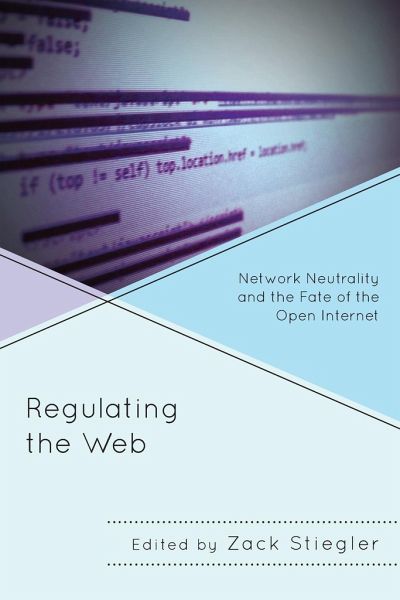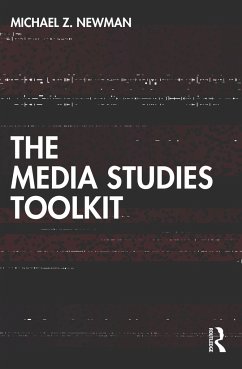
Regulating the Web
Network Neutrality and the Fate of the Open Internet
Herausgeber: Stiegler, Zack

PAYBACK Punkte
29 °P sammeln!
Although the FCC established a net neutrality policy in 2010, debate continues as to who ultimately should have authority to shape and maintain the Internet's structure. Regulating the Web brings together a diverse collection of scholars who examine multiple the net neutrality policy and surrounding debates from a variety of perspectives.














